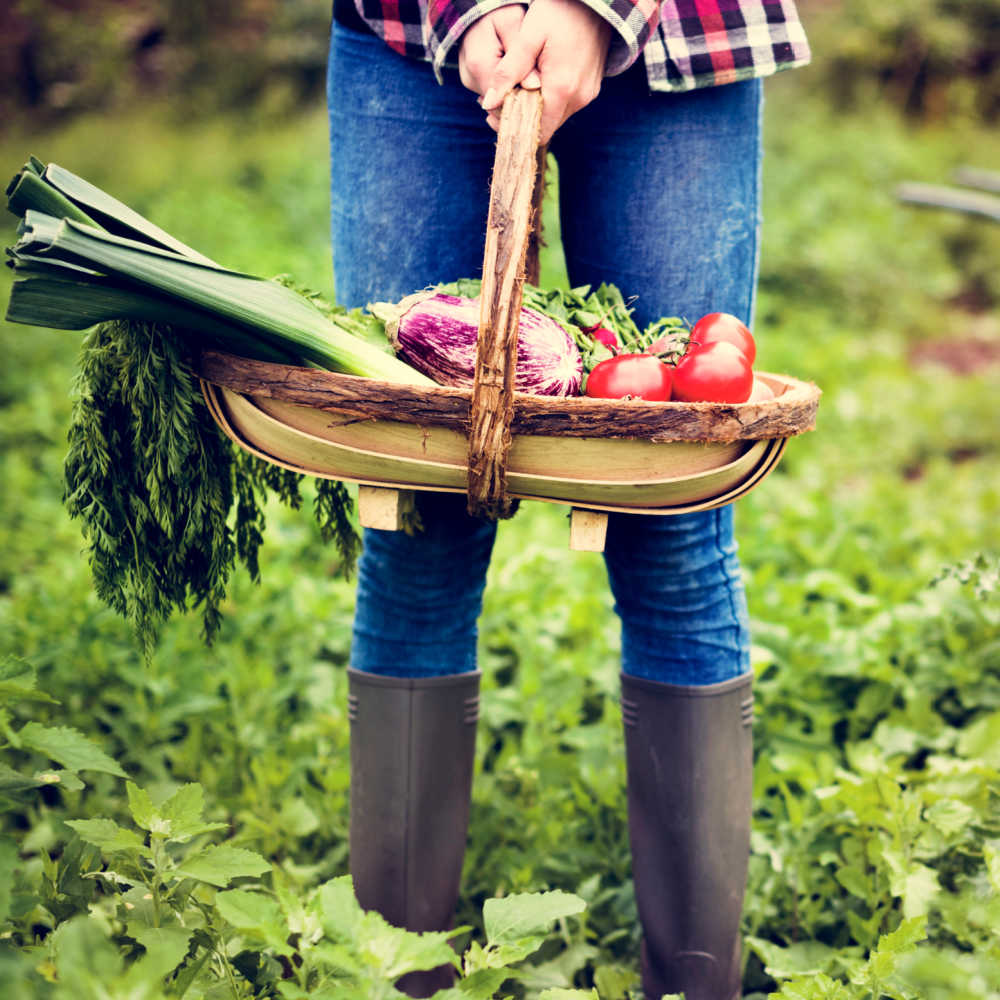
Growing vegetables can be a great way to get our hands on extremely frugal food in hard times when we need to save money fast.
But growing vegetables as a beginner can also very easily become an incredibly expensive hobby that blows our budget and doesn’t help put cheap fresh, healthy food on the table!!
So I’ve got for you here my favourite tips on growing vegetables for beginners on a budget.
I’ve been growing my own vegetables for about ten years but as a beginner I learned the hard way how easy it is to chuck money away on a vegetable garden and blow our budget rather than actually save money.
These tips will not only help you grow your own vegetables on a budget but will also help you get started as a complete beginner. When I was starting my vegetable garden the big problem I had was that most gardening tips were written by gardening experts who’d been growing vegetables for years and actually forgotten the few simple basics we truly need when we’re getting started.
Now, I am not a brilliant gardener by any stretch of the imagination but I do successfully grow enough vegetables and fruit in a small London garden to be pretty self sufficient over the summer (with just a bit of foraging to pad the fruit out). And these are the simple practical tips on growing vegetables as a beginner on a budget that really did help me.
I do hope these tips help you get started growing your own vegetables cheaply. For more simple tips do check out my other grow your own food advice and frugal food tips and if you’re a Pinterest fan follow my Grow Your Own Food board, which is cram full of even more vegetable growing tips for beginners.
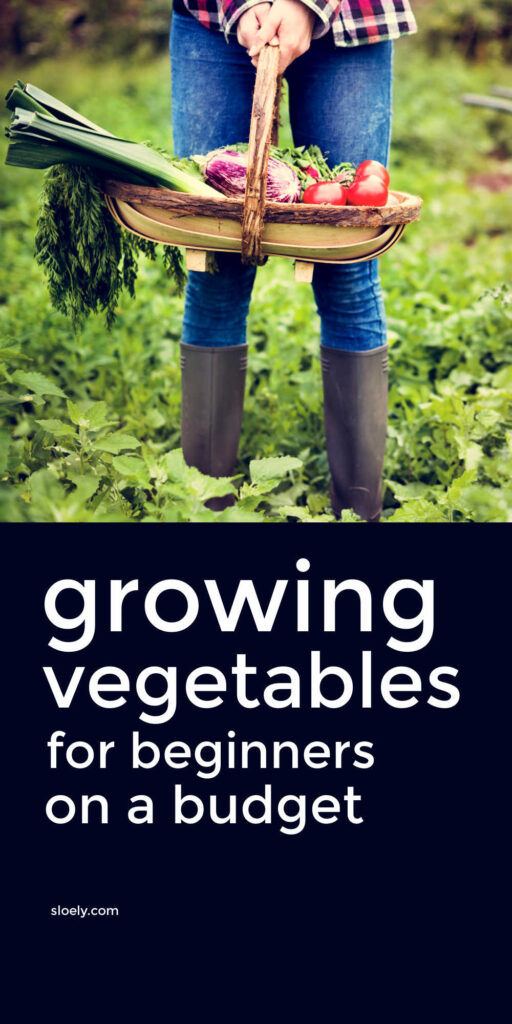
How To Grow Vegetables As A Beginner On A Budget
1. Grow Vegetables In Pots & Containers
When you start growing vegetables as a beginner on a budget you really, really do NOT need to design fancy vegetable garden layouts or build raised beds or dig up the whole of your garden.
In fact as a beginner you shouldn’t do these!!
And that’s because as beginners we need to learn about what will grow where in our garden and it’s much easier to do this with a flexible layout of pots and containers that can be adapted to what we’re going to learn about the sun and shade and wind in our garden.
As a beginner it is also much easier to control the quality of soil in a pot or container and as we will learn over the years, good soil is key to successful vegetable growing.
2. Use What You’ve Got
Starting a vegetable garden in pots and containers does not mean though that we have to rush out and buy up fancy pots and containers of all sizes.
You can start vegetable seeds in everything from empty yoghurt pots and loo rolls to egg boxes and egg shells. You can grow shallow rooted lettuces and salad leaves in ice cream and margarine tubs. And you can grow potatoes and root vegetables in anything from a broken bucket (with some added drainage holes) to one of those big reusable shopping bags.
Lots of gardeners end up with spare pots and containers. So get on local forums and freecycle groups in January and February and put the shout out for anyone who needs to offload pots.
3. Start Growing Vegetables In March & April
You can grow vegetables in your garden all year round but if you possibly can, start growing vegetables in early March and April. You’ll get most return for your effort and very importantly as a beginner you give yourself time to learn from mistakes in the same season.
If your first peas don’t germinate or spinach tips get eaten by slugs and snails – and these things will happen – you’ll have plenty of time to sow again and prevent the problem next time.
Use this list of vegetables to plant in early spring to plan ahead.
4. Start Small & Share Seeds
Growing your own vegetables is great fun – nothing quite beats the joy of eating food we’ve grown ourself – but it is easy to get over excited and spend loads of money on different seeds.
We’re more likely to succeed if we focus on a few vegetables and learn as much about them as possible. And as a beginner growing just 5 or 6 different vegetables in pots and containers we don’t need loads and loads of seeds. So to stick to your budget split packets with friends and you can then easily start a great vegetable garden with less than £10 worth of seeds.
5. Grow Expensive Vegetables You Actually Eat
If we’re growing vegetables to save money on food it makes sense to focus on the most expensive vegetables we actually eat. This tends to be fresh leafy greens like spinach and salad leaves. Luckily these are actually the easiest vegetables to grow as a beginner.
Most root vegetables are harder to grow and much cheaper to buy. The one exception I would make to this rule is turnips : I know everyone thinks they hate turnips but freshly grown turnips are actually delicious super foods – crazily rich in vitamin C – and are super easy to grow well.
6. Plant Quick Growing Vegetables First
We all need positive feedback as beginners to keep us motivated so plant these quick growing vegetables first. You can have yummy vegetables to eat within a month and that first success in your vegetable garden will keep you motivated to put the time into growing more.
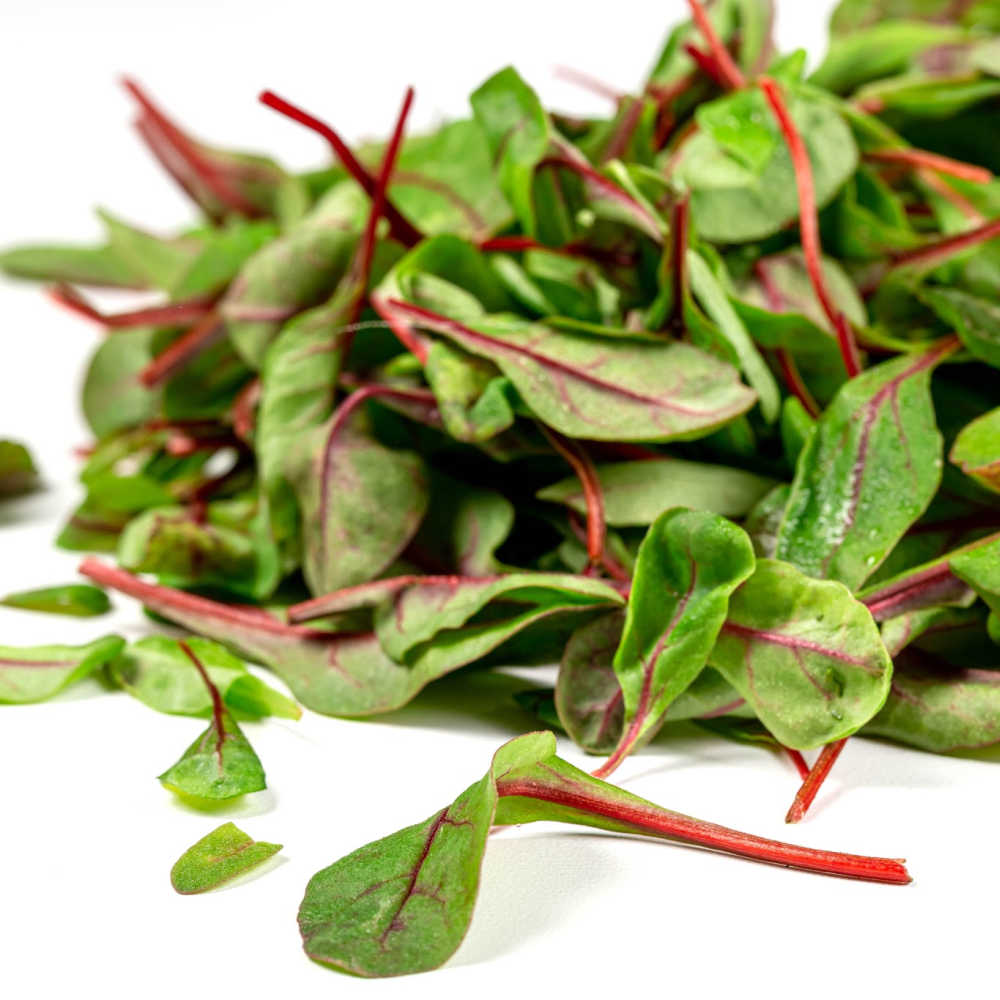
7. Plant Little & Often
if you keep planting a little of each vegetable every week for a few months starting in March and April you can have a harvest from your vegetable garden all summer long.
Planting little and often also means that you have back up if for example your first young plants get eaten or you’re growing them in the wrong part of the garden. That back up is key to successful vegetable growing because all gardeners – however expert – will lose plants every year.
8. Grow Vegetables From Scraps
Growing vegetables from scraps is one of the cheapest and easiest ways to grow vegetables as a beginner. You can actually grow all sorts of veggies from kitchen scraps – and it makes a fun plant life cycle activity for kids – but I would focus on cabbage, collards & spring greens.
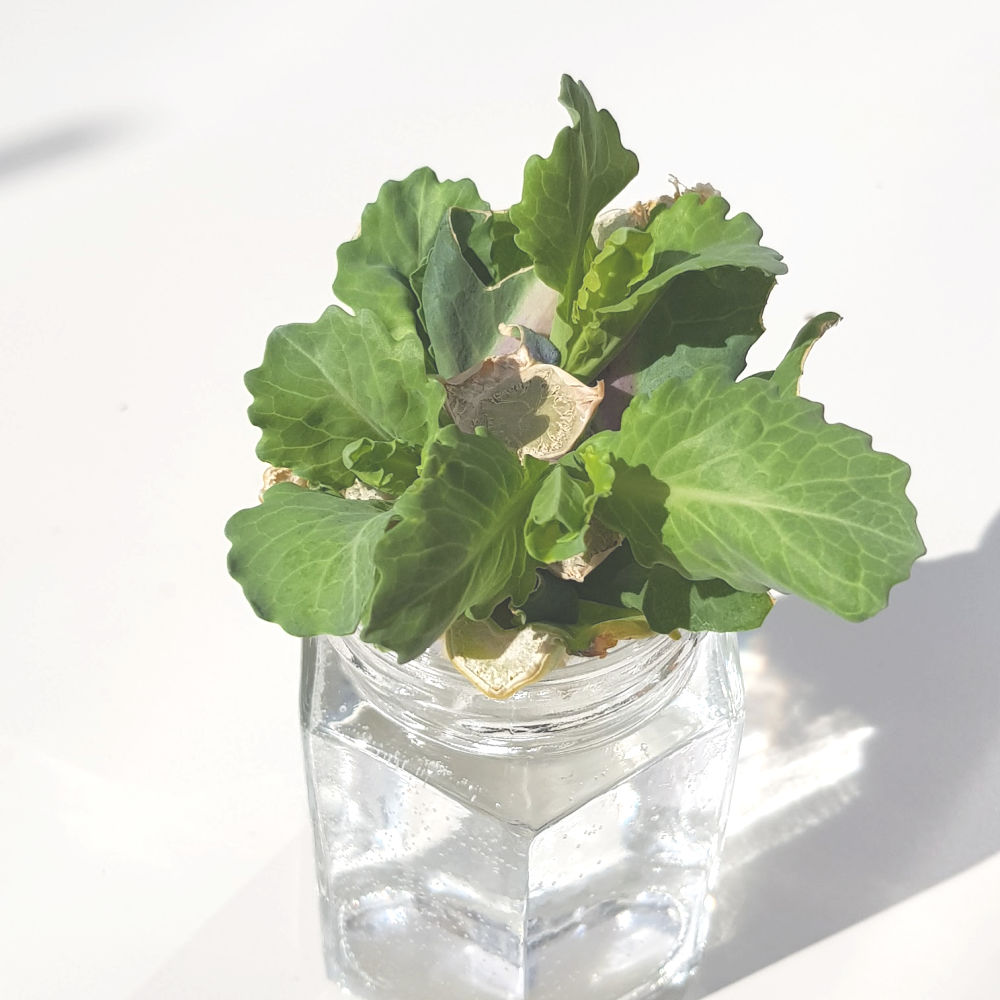
I grew a small bed of spring greens from scraps last summer and as they are cut-and-come-again vegetables, just 5 or 6 plants kept us going all summer.
9. Grow Cut & Come Again Vegetables
I really recommend cut-and-come-again vegetables – e.g. spinach, salad, collard & spring greens, cabbage leaves of all sorts – for beginners growing vegetables on a budget as once you’ve got your plants established – whether from seed or scraps – they will keep feeding you over and over again.
You just cut the leaves you need and let them grow back.
Perpetual spinach is especially good for this. I grow one trough’s worth that gets moved around the garden as the weather changes and keeps us going from spring to autumn.
10. Don’t Buy Plants But Do Blag Them
It is very tempting to blow our budget in the garden centre on vegetable plants but don’t. You can easily blow your whole seed budget on just a few small plants that you can easily very loose to pests or the weather and you’ll be left without that critical back up all vegetable gardeners need.
If you weren’t able to start your vegetable garden in early spring it’s better to be patient and to sow from seed the vegetables that are best planted that month.
That doesn’t mean you have to grow everything from seed. Just keep your ears open with gardening neighbours or in local forums for anyone who has surplus plants to pass on. I always seem to end up with extra little courgette (zucchini) plants at planting out time so trade these with neighbours for their surplus.
11. Start Composting
Good soil is key to growing vegetables but again it is very easy to spend lots of money on compost so do start composting. You don’t have to spend money on a composter, you can make your own out of a couple of old tubs. Ask around again on freecycle sites if you don’t have any. And also ask if anyone can donate you some worms to get started.
There are useful instructions here on how to make a compost bin from a plastic storage container. The one thing I would add to this is that it is worth putting the outer container inside a third container of water in the summer as this will help keep ants out.
12. Looking After Your Soil
Starting your vegetable garden in pots and containers makes it much easier to look after your soil. Good soil is key in the long term but you can get started with any old garden soil without spending lots on potting compost especially if you’re starting your vegetable in pots and containers.
You need to make sure your soil is really well dug through, clear of weeds and stones and well watered for a good few weeks before planting.
Until you’ve got your own compost coming through, ask around amongst gardening neighbours you trust for donations of small amounts of compost you can dig through the soil in your pots.
13. Learn To Thin Out
I am officially rubbish at this but thinning out seedlings is really key to healthy vegetable plants. So do watch videos like this on how to thin out seedlings.
And don’t worry about them going to waste. Handfuls of seedlings chucked on salads are great for restoring gut health and are good natural perimenopause remedies!!
14. Read Up On Pests
Every vegetable we grow in our garden will be vulnerable to insect and fungal pests: spinach suffers with leaf miners; cabbage and collard greens gets munched by caterpillars and mobbed by white fly; peas covered in mildew. And slugs and snails will eat just about any young green vegetable plants going!!
Pests can be overwhelming for gardening beginners but the big secret is to know your enemy and that’s yet another reason to start small.
Once you’ve got your 4 or 5 different types of vegetable seed planted, bone up on the most common pests each vegetable suffers from. Try and find pictures and make yourself a little collage so you can easily recognise them and then the minute they pop up you can take action.
15. Regular Slug & Snail Patrol
You won’t need any little pictures to recognise slugs and snails!! And for many of us they are the biggest pests when we’re starting our vegetable garden as they just love our young vegetable plants.
I’ve got a whole load of tips here on how to get rid of slugs and snails naturally. So do check them out and do a daily slug & snail patrol.
16. Invest In A Little Greenhouse
All of my vegetable growing tips so far have been about spending as little money as possible but one thing I think it’s worth forking out a little bit for is a small plastic greenhouse.
I paid about 25 quid for mine 10 years ago and it has more than earned its keep as it lets me get lots of vegetables started in early spring even when the weather here in London is still quite chilly and then plant them out in May and June as it warms up.
They take up very little space so you can easily fit one in a tiny backyard or even on a balcony.
And there you go, sixteen tips on growing vegetables for beginners on a budget. If you stick to these you truly can grow your own vegetables successfully to help put cheap, healthy food on your table.
For more simple gardening help do check out these grow your own tips for beginners :
- How To Grow Spinach Tips
- Growing Vegetables From Scraps
- Quick Growing Vegetables
- Growing Turnip Greens & Cime Di Rapa
- How To Grow Peas Successfully Organically
- How To Grow Raspberries In A Small Space
- Organic Gardening Tips For Beginners
- Get Rid Of Slugs & Snails Naturally
And if you’re a Pinterest fan do follow my Grow Your Own Food board. It’s cram full of tips on how to grow your own vegetables, fruit and herbs easily as a gardening beginner.
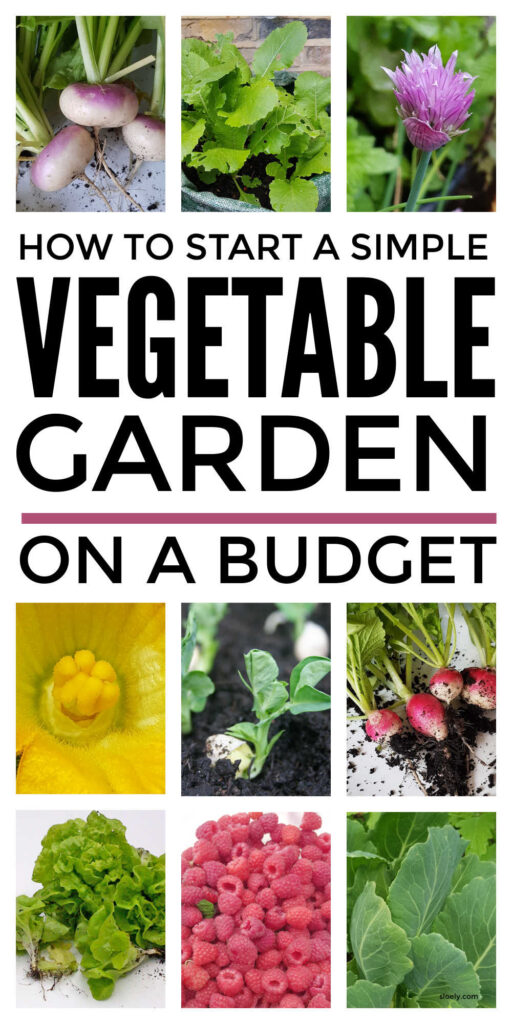
Original image sources : woman in wellingtons by rawpixel.com, other images by sloely.com

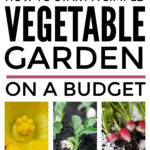

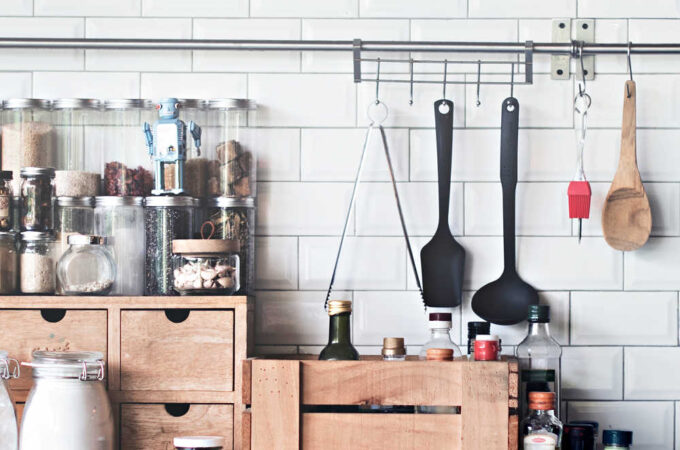



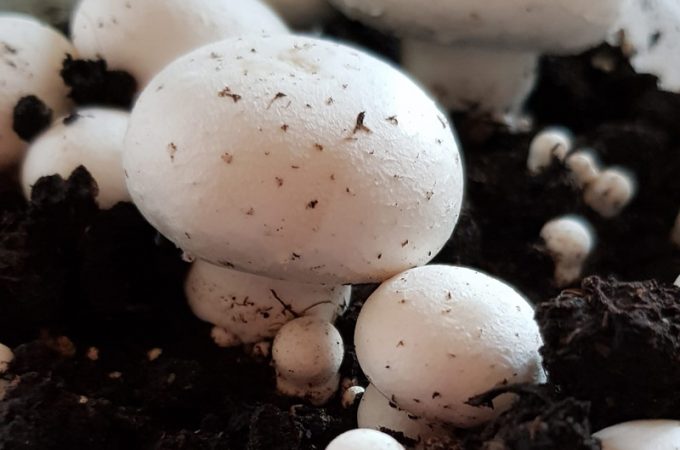
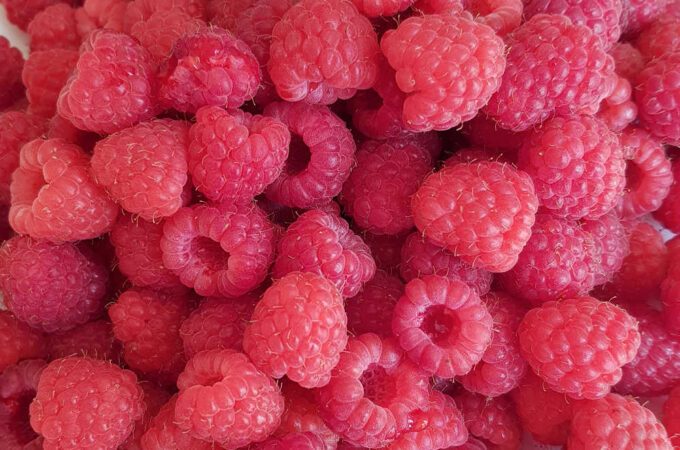

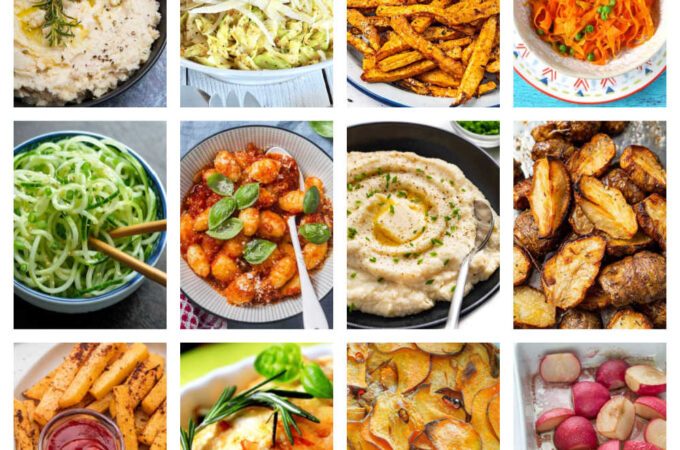
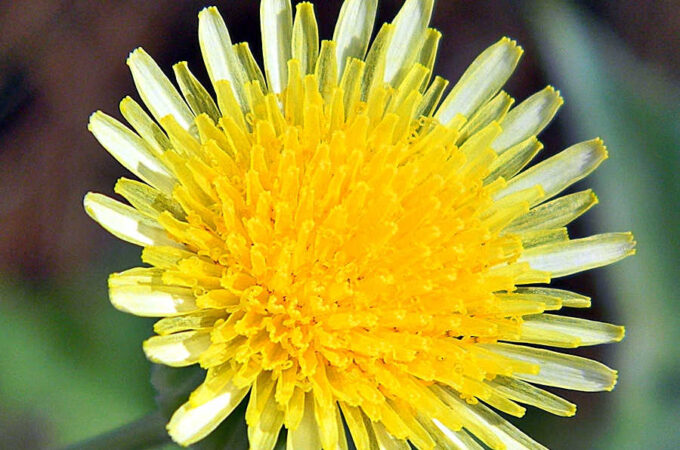

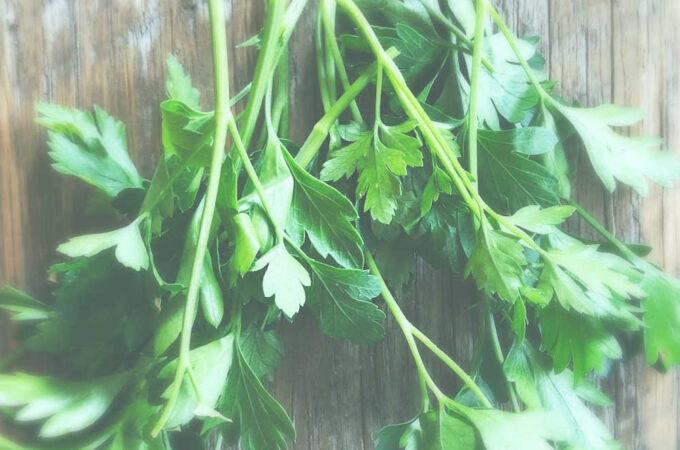
Leave a Reply